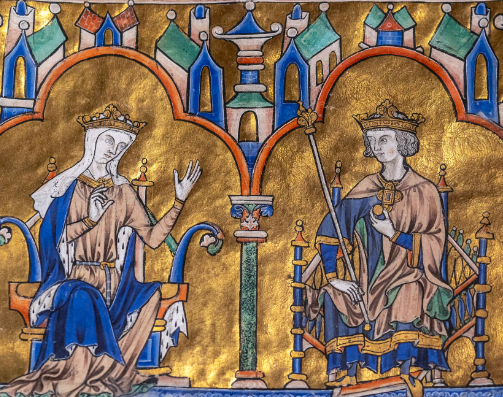How Saint Louis IX Shaped Christianity in France
Saint Louis IX, the only canonized King of France, remains a pivotal figure in the shaping of Christianity in France. His reign in the 13th century marked a unique convergence of political power and spiritual devotion that would leave a lasting impact on French society and the Church. Exploring his contributions to Christianity not only sheds light on his legacy but also offers insights into the historical interplay between faith and governance.
The Advocacy of Social Justice
One of the most notable aspects of Saint Louis IX’s reign was his staunch advocacy for social justice. He believed that the king should uphold Christ’s teachings by ensuring fairness and protection for the poor and marginalized. This conviction led him to establish various laws aimed at safeguarding the rights of his subjects, which included the abolition of the practice of usury. By embedding a sense of moral responsibility into governance, Louis IX promoted a Christian ethos that emphasized charity and compassion, setting a standard for future rulers.
Strengthening the Catholic Church
Louis IX’s commitment to the Catholic Church was also instrumental in reinforcing its influence in medieval France. He actively participated in Church affairs, including the promotion of Church-led initiatives and the construction of significant religious monuments, most notably the Sainte-Chapelle in Paris, designed to house the relics of Christ’s Passion. His deep devotion earned him the respect of the clergy and made him a key player in the religious landscape of his time. This alignment between the monarchy and the Church solidified the latter’s authority and facilitated the spread of Christian ideals throughout France.
Crusades and the Defense of Faith
An integral part of Saint Louis IX’s legacy is his involvement in the Crusades. He personally led two military campaigns aimed at reclaiming Jerusalem and protecting Christian sites in the Holy Land. While these expeditions were met with mixed results, they underscored Louis’s commitment to his faith and provided him with a platform to inspire a sense of unity among French Christians. His moral leadership during these campaigns helped frame the Crusades not merely as military endeavors but as acts of faith and devotion, contributing to the popular understanding of chivalry intertwined with Christianity.
In Conclusion
Saint Louis IX’s influence on Christianity in France is profound and multifaceted. Through his social reforms, dedication to the Church, and leadership in the Crusades, he shaped the religious and cultural landscape of medieval France. His life serves as an example of how faith and governance can intertwine to foster a more just and compassionate society. For those interested in delving deeper into his life and legacy, exploring his writings and the historical context of his reign can provide valuable insights into the ongoing relationship between faith and leadership.

